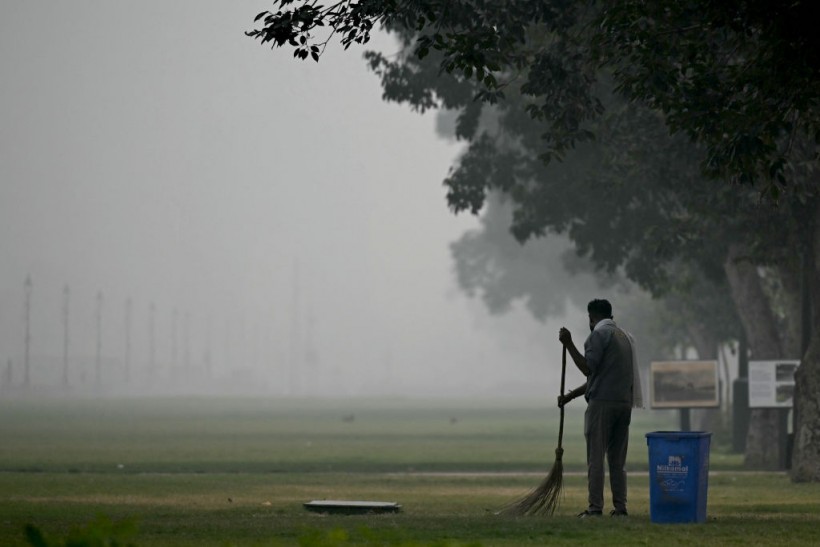Students in Delhi have returned to their classrooms after a short closure due to dangerous air pollution levels. Parents and educators are relieved to see in-person learning resume, highlighting the importance of face-to-face interaction and hands-on support. Nevertheless, the city is still facing a severe smog crisis, raising worries about long-term health effects and the necessity for sustainable air quality measures.
Schools in Delhi have reopened following a brief shutdown prompted by alarming pollution levels, much to the relief of students and parents eager to return to traditional education. Many students noted the benefits of learning in a classroom setting, such as enhanced teacher engagement and a deeper understanding of material, which can be challenging to achieve through online learning.
Despite the reopening, Delhi is still shrouded in smog, with air quality remaining in the “hazardous” range. Experts caution about the potential health risks, especially for children, as prolonged exposure to such conditions could adversely affect their respiratory health over time.
Parents and school officials are implementing safety measures, including providing masks and adjusting outdoor activities to reduce exposure. However, the ongoing smog highlights the pressing need for effective policy initiatives, such as stricter emission regulations and sustainable urban development.
As Delhi faces the dual challenges of education and environmental health, the reopening of schools offers a sense of normalcy. Yet, the smog crisis serves as a powerful reminder of the urgent need for collective action to protect the health of future generations.





